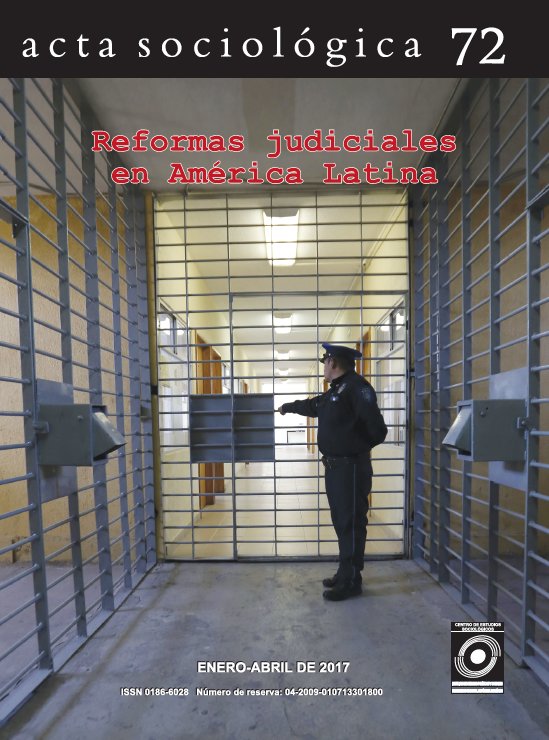The close and necessary relation between judicial independence, rule of law, respect for human rights and democracy. Venezuela as a case study
Main Article Content
Abstract
Today, emerging forms of exercise of power based on a great electoral majority support arise to “unlimited democracies”, which over time can become autocracies. One of the characteristics of this regimes is that they will elude gradually the rule of law and therefore undergo an important control the judiciary, and in particular, the constitutional judge. The limits to power through Law, will become weaker or even disappear, and little by little, the judge will “legalize” or even “constitutionalize” what the government does, which will cause that the government will be over of the Rule of law, even the international law of human rights. The regime that was established in Venezuela 17 years ago as a true democracy with strong popular support and with great promises of a fairer society, known as “chavist” –by its leader, Hugo Chávez Frías–, is an important example of how a limited democracy, becomes an unlimited, and gradually, turn into an autocratic regime, even a government with totalitarian traits. Since the beginning, the subjugation of the judiciary was key to achieve this kind of government. This article shows how was accomplished.
